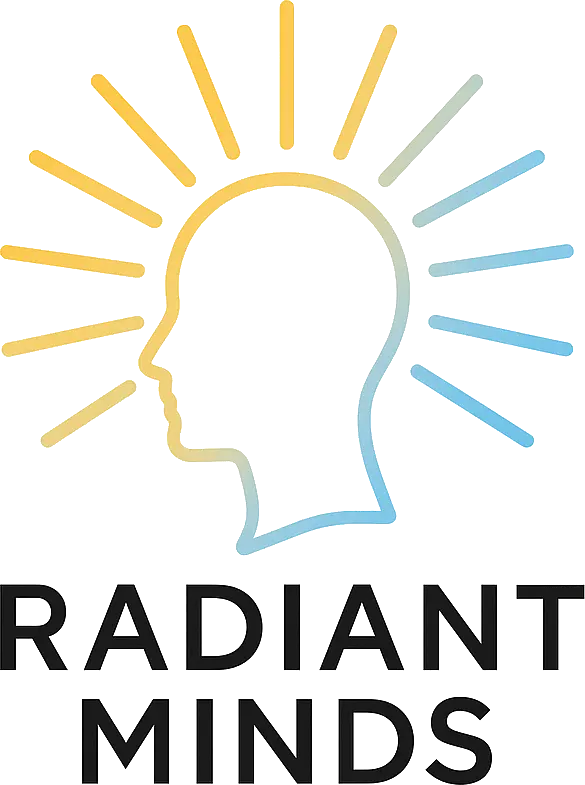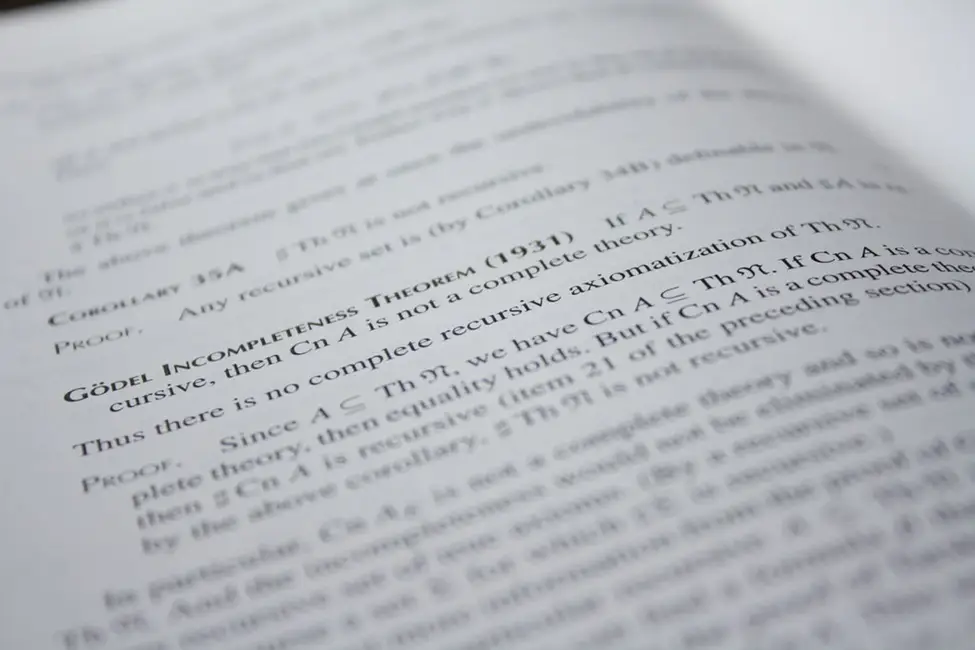Attribution: loncarlyonjenkins.com
In an age of big data, AI, and algorithmic precision, it’s tempting to believe that enough information can solve anything. Want to reduce crime? Feed data into predictive policing models. Trying to stop a pandemic? Rely on epidemiological forecasts and real-time health tracking. But what if the very foundations of our knowledge, mathematical certainty and physical measurements, are themselves limited? What if, in both science and governance, we must accept that we cannot know everything?
The Czech Mathematician Kurt Gödel and the German Physicist Werner Heisenberg each proved in their own fields that there are fundamental limits to knowledge. Their discoveries shook the foundations of logic and physics. They challenged their own fields, and serve as metaphors to approach public policy with humility, adaptability, and a commitment to ethical deliberation in the face of uncertainty.
Gödel’s Incompleteness: The Limits of Logical Certainty
In 1931, Austrian logician Kurt Gödel published his famous incompleteness theorems, which essentially say that in any sufficiently powerful formal system like arithmetic, there are true statements that cannot be proven within the system itself.
This was a devastating blow to the early 20th-century dream, pioneered by mathematicians such as Bertrand Russell and David Hilbert, of building a complete and self-consistent mathematical foundation. Gödel showed that any system capable of doing basic math must contain undecidable truths, statements whose truth cannot be proven or disproven from within the system.
What does this have to do with governance or public policy?
In short, it reminds us that any system of rules, no matter how elaborate or well-designed, can capture the full complexity of the reality it aims to regulate. No legal code, economic model, or ethical framework will ever be complete. There will always be edge cases, gray areas, or moral quandaries that resist resolution by formal logic. In a world like the one Gödel demonstrated, good governance cannot be reduced to an absolute checklist. Instead, it demands judgment, interpretation, and continuous revision.
Heisenberg’s Uncertainty: The Limits of Physical Prediction
Meanwhile, in the field of physics, Werner Heisenberg was revolutionizing our understanding of measurement and observation. Heisenberg’s uncertainty principle states that certain pairs of physical properties, such as position and momentum, cannot both be known with arbitrary precision. The more precisely we know one, the less precisely we can know the other. This principle shows that at the quantum level, reality is probabilistic rather than deterministic. The act of measuring a system changes it. This undermines the Newtonian framework of perfect prediction through cause and effect because even if you had complete information about a system, quantum mechanics says you could never predict certain outcomes with certainty.
In public policy terms, this suggests that social systems are not simply mechanical or fully knowable. Intervening in a community or implementing a policy often changes people and situations. This pushes back against the dangers of unregulated technology. We often hear that more data and better AI models will let us predict everything from economic recessions to social unrest, but like quantum particles, people and societies react to being measured, watched, or regulated. This challenges the idea that perfect knowledge leads to perfect policy. Even with complete data, uncertainty remains. As a result, policy-making must move beyond rigid prediction models and embrace adaptive, responsive approaches grounded in ethical awareness and humanity.
The Case for Humble Governance
Together, Gödel and Heisenberg challenge the idea that perfect knowledge exists in our imperfect world. They show that uncertainty is baked into our universe. So, what does that mean for governance?
- Humility in Decision-Making. Policymakers must recognize the limits of their models and predictions. This means being open to revision and being aware of blind spots.
- Flexibility in Policy Design. Systems should be adaptable. Instead of trying to account for every scenario in advance, policies should allow room for local interpretation, feedback, and revision.
- Ethics as a Compass. When knowledge runs out, values must guide us. This is especially true in quickly growing fields like AI regulation or environmental policy, where uncertainty is high and stakes are even higher. Ethical deliberation that considers fairness, justice, and the public good becomes a necessity.
Conclusion: Leading with Humility
In the end, the lessons of Gödel and Heisenberg reveal a deep imperfection in our world. They remind us that our systems, whether it be legal, political, or scientific, are always partial, and that progress does not mean eliminating uncertainty but learning how to live and govern within it.
In a time when political debate often prizes certainty, soundbites, and sweeping solutions, it’s worth remembering that some of the greatest minds in science concluded that not knowing is part of reality. The challenge for policy, then, is not to deny uncertainty but to lead wisely through it.
Let us return to Socrates’ famous quote: “The only thing I know is that I know nothing, and I am not quite sure that I know that.”[1]
References
- A quote from Essential Thinkers – Socrates. (n.d.). Goodreads.com. https://www.goodreads.com/quotes/1176881-the-only-thing-i-know-is-that-i-know-nothing

